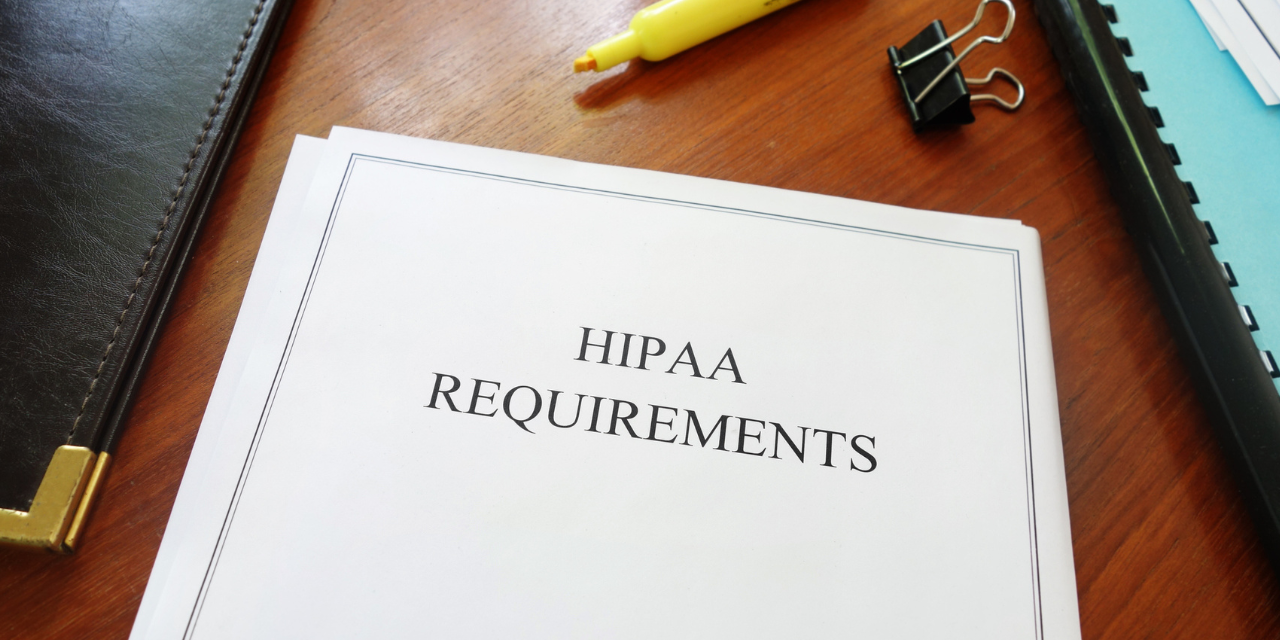
HIPAA Basics for Chiropractic Practice Team Members

HIPAA, or the Health Insurance Portability and Accountability Act, is a federal law that sets strict standards for the privacy and security of personal health information. Compliance with HIPAA regulations is especially important in clinics where team members are responsible for handling sensitive information about patients’ medical conditions and treatments.
Here are some tips for Chiropractic team members to comply with HIPAA regulations:
- Train team members: All team members who handle personal health information should be trained on HIPAA regulations. They should understand what constitutes personal health information, how it should be protected, and the consequences of violating HIPAA regulations.
- Use secure technology: Any technology used to store or transmit personal health information should be secure. This includes using passwords, encryption, and firewalls to prevent unauthorized access.
- Limit access to personal health information: Team members should only access personal health information when it is necessary for them to perform their job duties. They should not share this information with others who do not need to know it.
- Use secure storage: Personal health information should be stored in a secure location, whether it is in paper form or electronic format. Paper records should be kept in locked cabinets, while electronic records should be stored on secure servers.
- Obtain patient consent: Patients should be informed about how their personal health information will be used and shared. They should be asked to sign a consent form that explains their rights under HIPAA and gives the clinic permission to use and share their personal health information.
- Develop a privacy policy: Clinics should develop and implement a privacy policy that outlines how personal health information will be protected. This policy should be communicated to all team members and patients.
- Conduct regular audits: Regular audits should be conducted to ensure that personal health information is being protected in accordance with HIPAA regulations. These audits should include a review of access logs, system configurations, and team training records.
- Respond to breaches: In the event of a breach of personal health information, clinics must take immediate action to mitigate the impact of the breach and notify patients as required by law.
Compliance with HIPAA regulations is essential for clinics to protect the privacy and security of personal health information. By following these tips, team members can ensure that they are in compliance with HIPAA regulations and are providing the highest level of privacy and security for their patients.



















